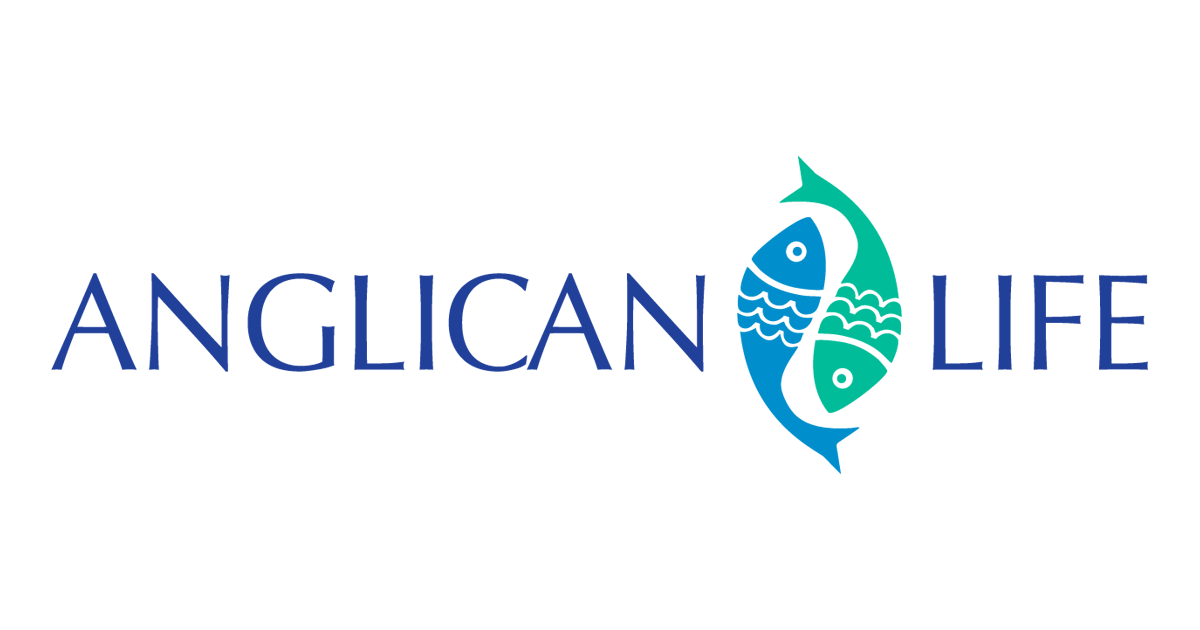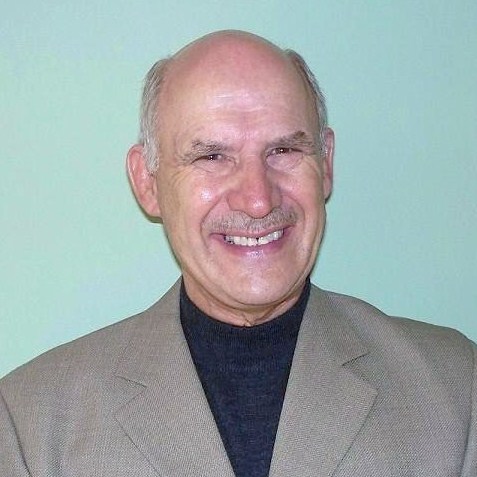Perhaps we could not continue the way we are if we had constant, hands-on reminders of God’s existence. If God in all her majesty stood ever present before us, would we not be duty bound to do all things out of fear? Not a pleasant thought. Holy doubt is as widespread now as ever, and for many, doubting is an integral part in the development of a strong spiritual belief. Could it be that temporary relief “and that escape-hatch feeling from worldly misdeeds” is more easily manageable when we have doubt? If we entertain thoughts such as “God is perhaps not watching right now,” or that “maybe there is no God,” then such doubting, even if only fleeting, can offer momentary ease and freedom from responsibility. It is as though this pattern of doubting and questioning is necessary, and may even be helpful in coping with such seriousness. After all, life is too serious a matter to be taken seriously.
For a long, long time this pale blue dot on which we live was believed to be flat and was considered to be the centre of our universe. There emerged a concept known as the chain of being, a comparative mindset envisioning the world order of things as a vertical chain, having the Almighty right up there at the top, and every other recognizable form of life in descending order of importance. God in heaven was followed by angels and the like, and at the bottom of the chain was the lowest of invertebrates. In this scheme of things mankind was deemed to be at the centre of this great chain of being—a huge pecking order of who’s who in the universe. Then, a couple of guys by the name of Galileo (who said that the sun is the centre of our universe and that our planet earth revolves around it) and later on Darwin (who said that all living things, including man, developed from a few extremely simple forms by a gradual process of descent with modification) came along. Their findings, along with those of others, who were eagerly comparing emerging differences between science and religion, caused upset in religious and spiritual values of the day. Many found themselves seriously questioning their faith.
To say that God’s will, alone, is sufficient to account for things being where and what they are may be accepted by many believers, but for those of us who find ourselves thinking and searching for more—be it some elusive proof, or simply more reason to believe—the struggle is ongoing. There is a collective acceptance and acknowledgement of all those physical forces that can be measured scientifically, such as the speed of light, gravity and so on, but with only limited progress being made to understand the cause—the why? We know that each one of us is but a temporary guest on this planet; however, as to the why of it all, one could argue it’s an ongoing miracle.
Theists, atheists, agnostics, and those in between make up a mix of believers and non-believers. Many of those folks who reject the common concept of God, adopt beliefs that appear to believers as being strange and outlandish. Faith-based living is rejected for some form of secular belief, such as humanism, rationalism, positivism, materialism, or whatever. And then there is a more pronounced belief, referred to as philosophical anarchism, that those who obey their natural inner light need no authority over what they already have.
While our levels of communications have grown in leaps and bounds, our levels of ignorance over life’s basic questions are still very much in evidence. For example, out in the wilderness on a clear and dark night, you can experience one of the greatest shows on earth by simply looking up into the starry sky. No matter how often we do it, this continues to be an awesome experience. And, as we stand and stare, we realize over and over just how little we know about the great beyond.
A lifespan, in the eons of time, does not even have as big an impact as the proverbial drop in a bucket. Whether young or old we are aware of time, and that we all grow older at the same pace. The extreme urgency of now is of little concern, yet our lives will be over sooner rather than later, and as Shakespeare wrote, “as the waves make toward the pebbled shore / so do our minutes hasten to their end.”
On coping with our own spirituality, we are often riddled with anxiety over the need to know and the fear of knowing. Can such a state cause us to sometimes strike out defensively against the notion of a divine power? Our faith has, and can continue to help us grapple with such uncertainties. There is a strange irony surrounding faith: while it can lift us up and give us meaning and purpose, it can also saddle us with increased responsibility, as in fighting the good fight of life.
An unbeliever who struggles to understand the merits and values of faith-based living often comes up empty handed. The futility of trying to examine and assess the meaning of our spirituality, without believing in a greater power, can perhaps be likened to someone who is tone deaf and just not hearing the music of faith. It would simply be futile, without having faith, to try and understand anything of a supernatural source. St. Augustine sums it up well: “Believe in order that you may understand; unless you believe you shall not understand.”


